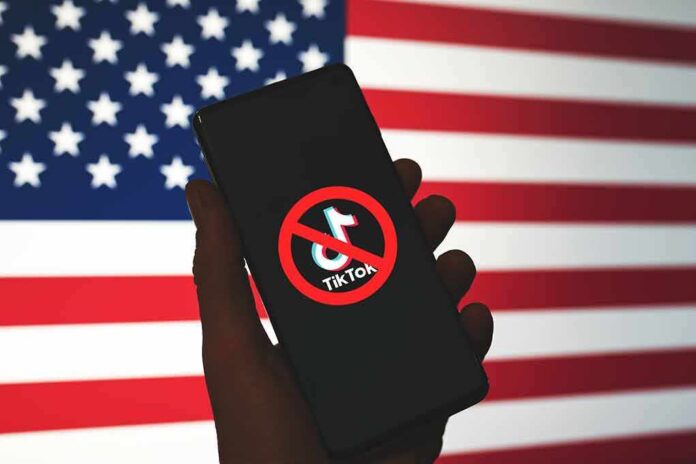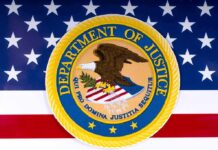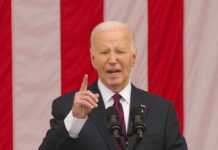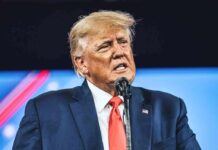Donald Trump’s request for Supreme Court intervention on TikTok’s looming ban brings data security and freedom of speech to the forefront.
At a Glance
- Trump seeks a delay in TikTok’s ban to negotiate a resolution.
- Biden administration views TikTok as a security threat.
- The Supreme Court will review the case on January 10.
- TikTok and ByteDance challenge the ban on First Amendment grounds.
Trump’s Push for Supreme Court Review
President-elect Donald Trump has urged the Supreme Court to block a law that would force the popular social media app TikTok to be sold or shut down due to national security concerns. The proposed ban, set to be implemented just before Trump’s inauguration, highlights growing concerns over data security given TikTok’s parent company, ByteDance, operates from China. Trump has requested a delay to negotiate a resolution, arguing this could address both security priorities and user freedom.
National security concerns underpin the Biden administration’s support for TikTok’s ban. They argue that ByteDance’s ties to the Chinese government pose risks such as espionage and geopolitical manipulation. Trump, however, aims to utilize political discourse to find a middle ground, emphasizing the importance of safeguarding free speech while addressing potential threats.
Trump opposes TikTok ban, asks Supreme Court for time to resolve via negotiations https://t.co/Bd2pHUmjhh
— CBS News (@CBSNews) December 28, 2024
Supreme Court’s Role in a Delicate Balance
In a legal filing Friday night, Trump told the justices that a delay would allow his administration to “negotiate a resolution to save the platform while addressing national security concerns.” Trump’s shift in stance comes after meeting with investment stakeholders, including Jeff Yass, who have interests in ByteDance. This pivot comes despite his prior attempts to ban TikTok during his first administration. Nonetheless, Trump contends there exists “an unprecedented, novel, and difficult tension between free-speech rights on one side, and foreign policy and national security concerns on the other.”
The Supreme Court has scheduled arguments for January 10. While Trump’s appeal is pending, nearly two dozen state attorneys general are advocating for maintaining the law to divest TikTok. Trump’s position does not challenge the merits, instead emphasizing a need to protect First Amendment rights and find a secure compromise without abruptly impacting social media freedoms.
Future Implications for Social Media Governance
The outcome of this legal confrontation will set a significant precedent regarding international ownership and data security standards for social media apps within the US. Moreover, given TikTok’s vast user base, including over 150 million American users, a ban could stifle free speech and impact the digital economy. The Department of Justice, supporting the ban, underscores potential espionage risks while highlighting the complexity of ensuring digital integrity without overstepping fundamental freedoms.
Trump’s advocacy for a negotiated solution reflects an inclination towards utilizing dialogue over outright bans, addressing concerns while preserving user rights. The path chosen by the Supreme Court in the upcoming hearing will carry consequences for how social media platforms navigate and resolve the inherent clash of security, sovereignty, and freedom across national boundaries.
Sources:
- https://www.barrons.com/articles/trump-urges-supreme-court-to-delay-tiktok-ban-touts-his-presence-on-the-app-42333a4f
- https://www.pbs.org/newshour/show/why-trump-asked-the-supreme-court-to-delay-tiktok-ban-and-whats-next
- https://www.bbc.com/news/articles/cr4r1qrqw2vo
- https://www.dailywire.com/news/trump-asks-scotus-to-pause-tiktok-ban-to-pursue-a-negotiated-resolution











